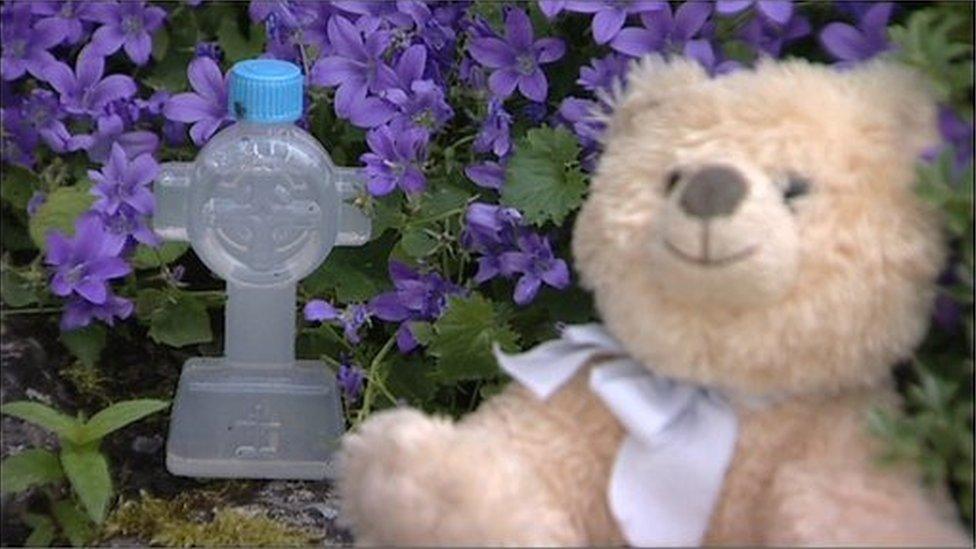Fresh calls for NI mother and baby homes inquiry
- Published
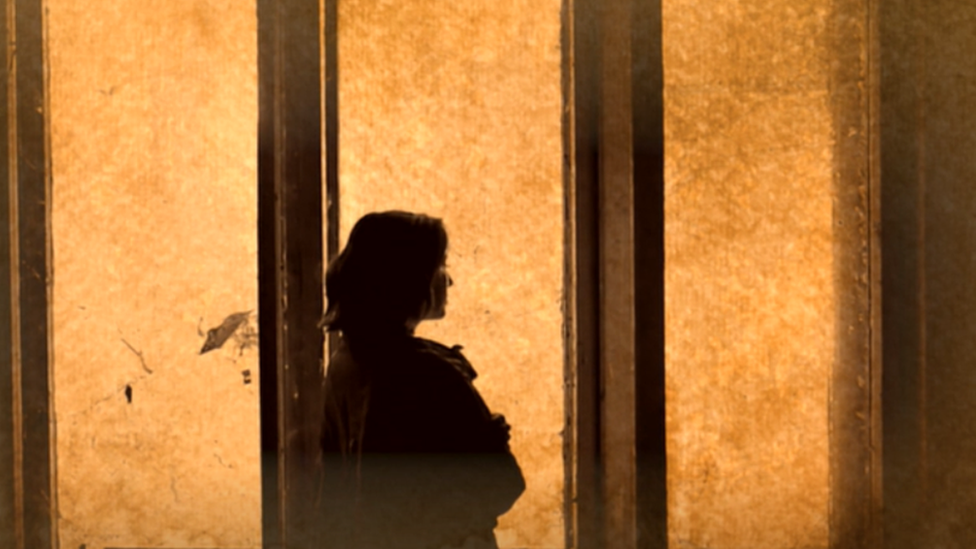
Amnesty says about 7,500 women and girls gave birth in the Northern Ireland homes,
There have been calls for an inquiry into mother and baby homes in Northern Ireland.
About 9,000 children died in the 18 institutions under investigation.
Mothers and babies who were in similar homes in Northern Ireland want a full inquiry to be held in NI too.
Stormont commissioned research into whether or not there should an inquiry held into the homes which operated in Northern Ireland, is due to be published by the end of January.
Patrick Corrigan from Amnesty International said the issue of forced adoptions also needs close scrutiny.
"We have had cases of mothers telling us that ultimately, many decades later, when they tried to track down their long-lost children they found adoption certificates where they said their signature had actually been forged," he said.
"So I think that there is criminality to investigate here and that it behoves the Northern Ireland Executive to set up the inquiry that has long been sought here and long been denied."
In 2017 research into infant mortality rates at former mother and baby homes in Northern Ireland had prompted initial calls for a public inquiry.
BBC News NI previously spoke to Eunan Duffy who was 47 years old when he found out he was adopted from Marianvale mother and baby home in Newry, County Down.
It was one of a network of institutions in Northern Ireland and the Republic of Ireland which offered women the voluntary option, for those who were unmarried, to give birth in private and give their babies up for adoption
Marian Vale was one of a network of mother and baby institutions in Northern Ireland and the Republic of Ireland
Amnesty says there were more than a dozen mother-and-baby institutions in Northern Ireland.
It said about 7,500 women and girls gave birth in the Northern Ireland homes, operated by both Catholic and Protestant churches and religious organisations.
In Northern Ireland, research into mother and baby homes and Magdalene laundries was commissioned three years ago and was initially expected to take 12 months.
It was completed in February last year, but was then sent to those facing criticism to give them an opportunity to reply.
A Department of Health spokesperson said: "A paper will be brought to the executive shortly for its consideration. Subject to executive approval, it is intended to publish the research report before the end of January 2021."
In the Republic of Ireland, the commission that investigated the homes found that the number of children who died was about 15% of all those who were born in the institutions.
Taoiseach (Irish Prime Minister) Mícheál Martin said the report, which can be read in full here, external, described a "dark, difficult and shameful chapter" of Irish history.
'Up against a brick wall'
Solicitor Claire McKeegan, who represents the Birth Mothers for Justice group, welcomed the apology in the Republic of Ireland, but said mothers and children in NI had not received one.
"The crimes perpetrated on them have yet to be investigated," she said.
"Those perpetrators who forced them into arbitrary detention, hard labour and colluded in the forced adoption of their babies, remain unchallenged in this jurisdiction."
Mary O'Neill became pregnant when she was 18 and was sent to Marianvale in Newry in the late 1970s.
There she gave birth to a baby girl who was taken away from her almost immediately after the birth.
She wanted to keep the baby, but was not allowed and was told the baby would be put up for adoption.
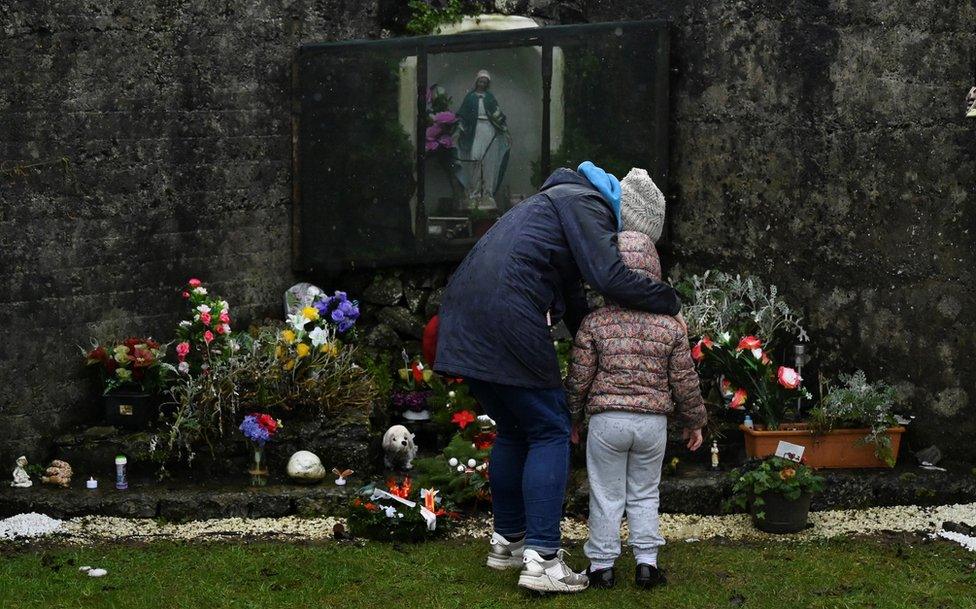
The mother and baby scandal became an international news story when 'significant human remains' were found on the grounds of a former home in County Galway
Ms O'Neill told Good Morning Ulster she eventually tracked down her daughter after 40 years.
"It was a long search, everywhere you went you were up against a brick wall," she said.
"There was no help, the social workers didn't want to tell you anything."
She finally found out her daughter was living in America but was coming home for her 40th birthday.
She said when she met her it was like meeting a stranger.
"But thank God we have met and we have a good relationship. She's still keeping in touch," Ms O'Neill said.
"It means the world to me, because you always wondered where was she? Was she happy? Did she know about you?
"It was always in the back of your mind. It never went away, the tears and the heartache."
Taoiseach Micheál Martin: "We treated women and children exceptionally badly"
Ms O'Neill said she was happy the victims in the Republic of Ireland were getting an apology, but wishes the homes in Northern Ireland could have been included.
'Classed as a reject'
Mechelle Dillon's mother was 21 and pregnant when she was sent to Marianvale in Newry in 1969.
She was placed in foster care a few months after her birth.
Her mother returned to her home village and then moved to England. But she came back for Mechelle when she was around eight or nine-months-old.
She said she believed she was not adopted because she was born with a cyst on her mouth.
"I would have maybe been classed as a reject, if you want to put it that way," she said.
"It's the same as if you go to look for a little puppy and if the puppy doesn't feel right and you think 'Oh God, I'll have a lot of vet bills here, I don't want that puppy' - I would have probably been classed the same because I would have had that defect."
SDLP leader Colum Eastwood said "the executive should move quickly to publish the research report and then call a full public inquiry".
Related topics
- Published11 January 2021
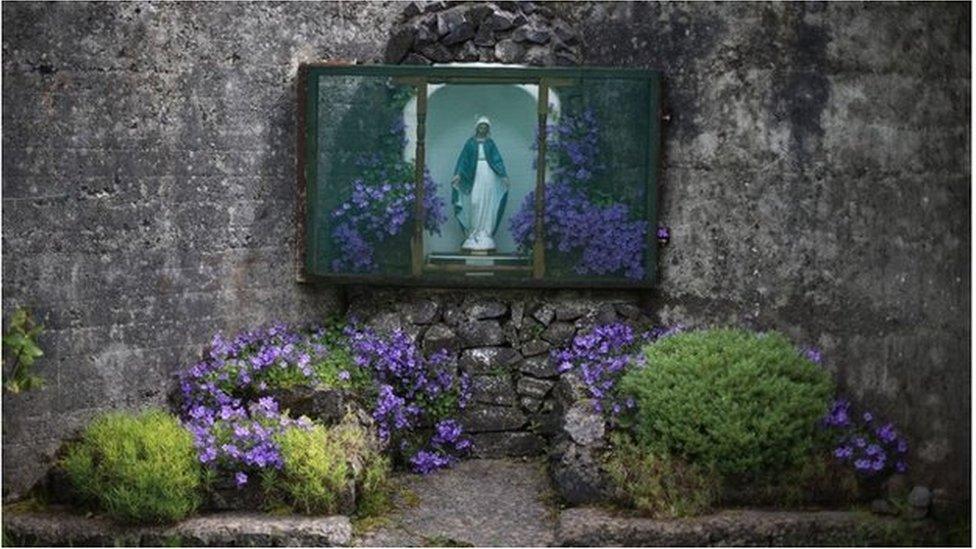
- Published14 September 2020
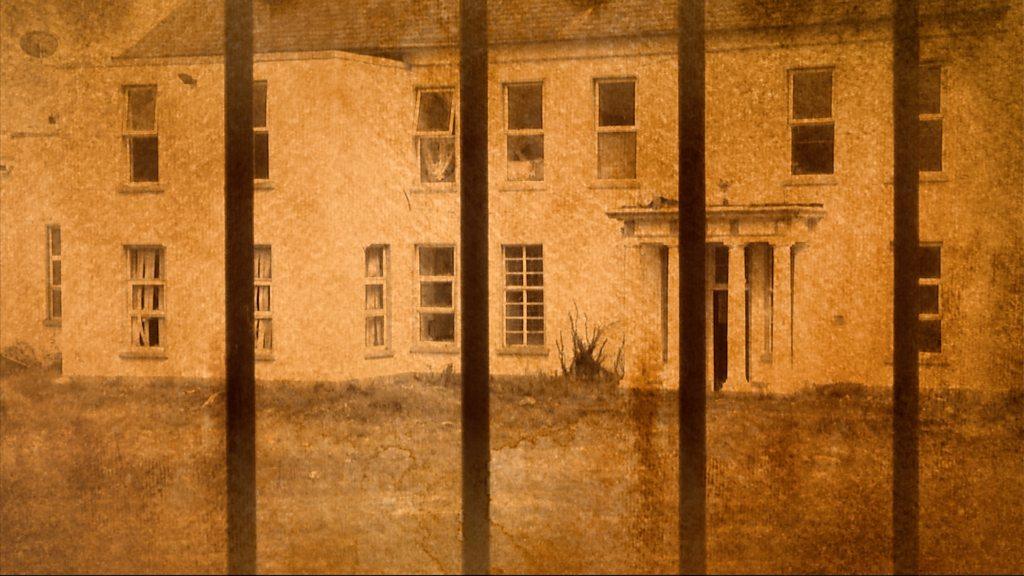
- Published26 October 2020
